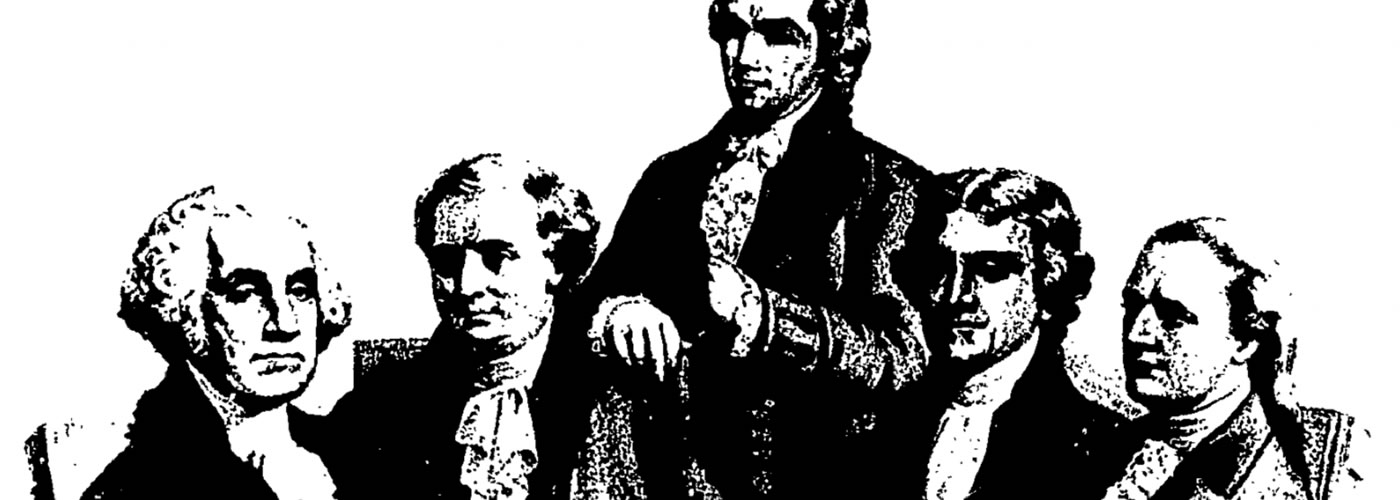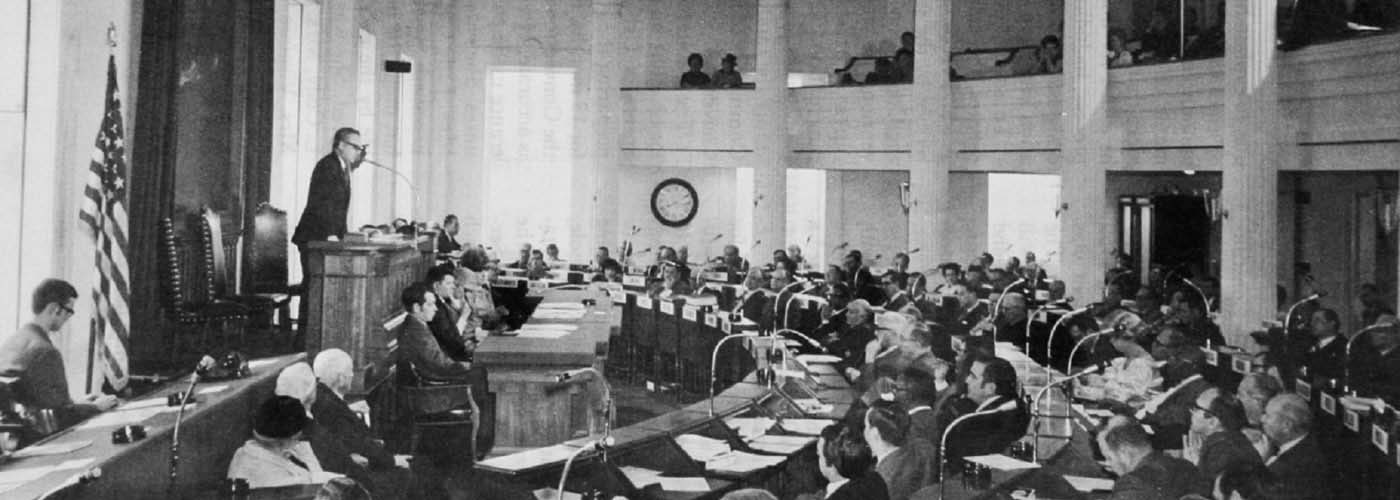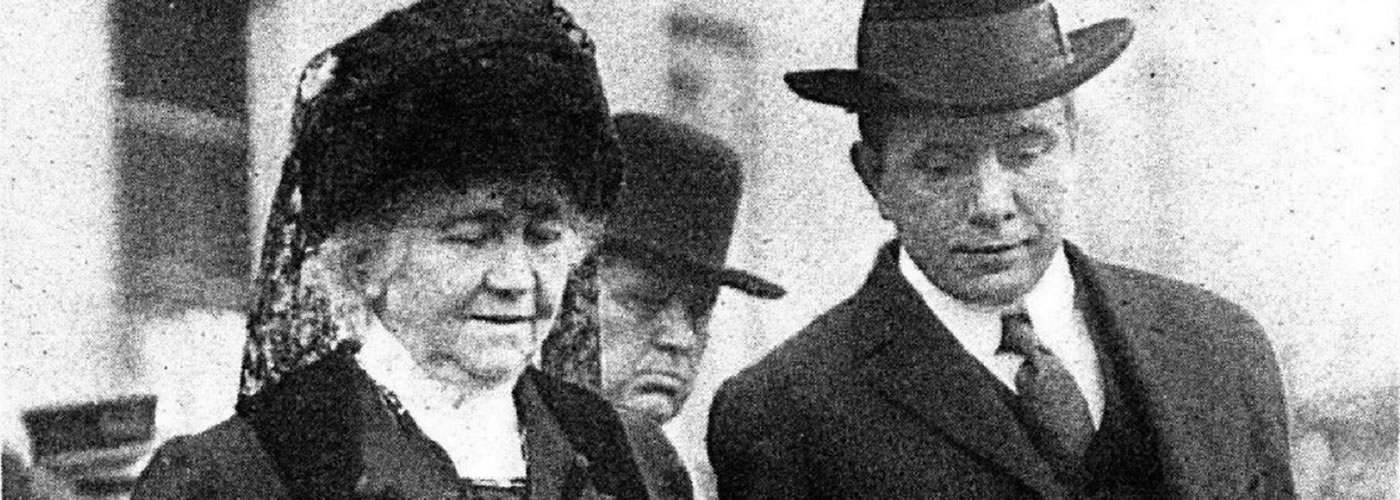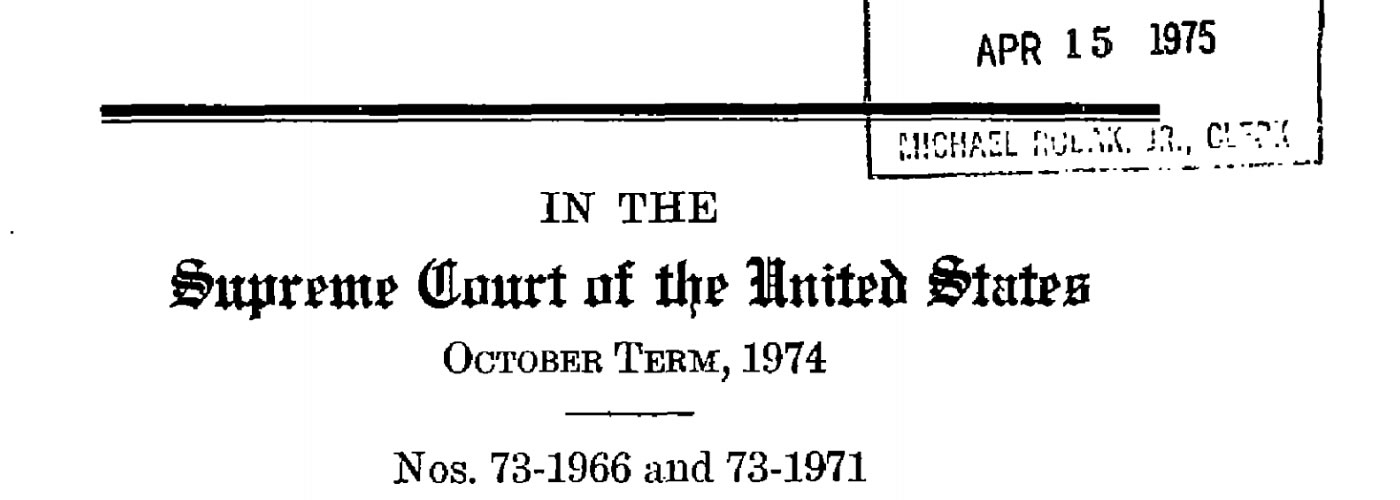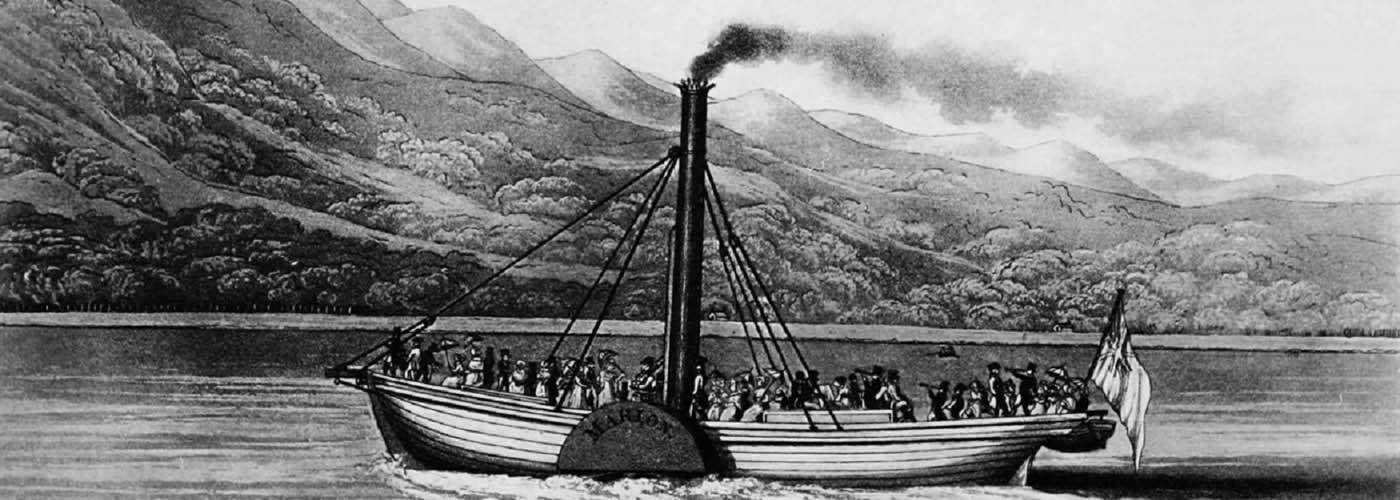Easily access four centuries of historical legal codes from northern, central, and eastern Europe.
The Making of Modern Law: Foreign Primary Sources, 1600-1970 fulfills legal historians' needs with historical codes in an easy-to-find online form. The seventh installment in Gale's widely popular The Making of Modern Law series complements the collection of treatises found in Foreign, Comparative, and International Law, 1600-1926. Importantly, it provides an interpretive analysis with books on codes, the "primary sources" of law.
Jurisdictions include Great Britain, Ireland, France, Germany, Austria, Switzerland, as well as other countries in northern and Eastern Europe. Of interest to historians is the inclusion of texts in Western languages on significant topics, such as Ausfurhliches handbuch uber den Code Napoleon (1810) and Motivi, Rapporti, opinioni e discorsi -- per la formazione del codice napoleone (1838-1849). The large British component, which includes Public General Acts, 1801-1922, assures that about half the titles are in English.
This collection includes regulations, session laws, journals, and codes and commentaries. Included codes fall into several categories:
- Administration of Justice
- Civil Law
- Civil Procedure
- Commercial Law
- Criminal Law
- Criminal Procedure
- Customary Law
- Forestry and Agricultural Law
- Maritime Law
- Military Law
- Other Codes and Commentaries
Look Inside
Additional Details
subjects covered
- European Studies
- Humanities & Social Sciences
- Law & Legal Studies
- Religion & Philosophy
Platform Features & Tools
Term Frequency
It allows researchers to see the frequency of search terms within content sets to identify central themes and assess how people, places, events and ideas interact and develop over time.
Buscador de temas
Esta herramienta agrupa los temas más comunes y revela conexiones ocultas entre los términos de búsqueda, lo que ayuda a dar forma a la investigación integrando contenidos diversos con información relevante.
Búsquedas simultáneas
Busca al mismo tiempo dentro de los productos complementarios de fuentes primarias, incluidos los ebooks, a través de un entorno de búsqueda unificado que posibilita nuevas e innovadoras conexiones de investigación.


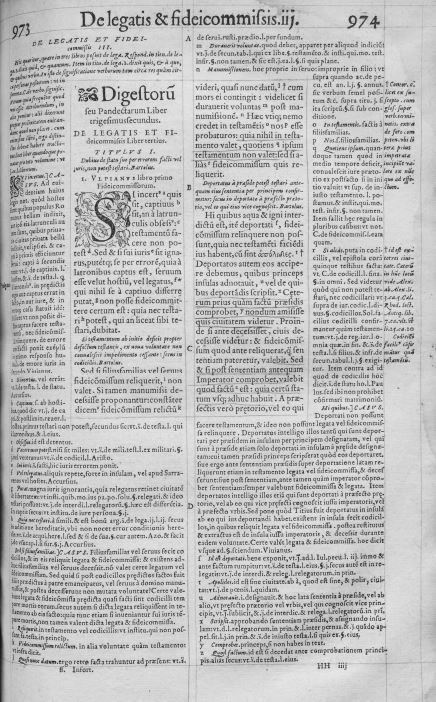
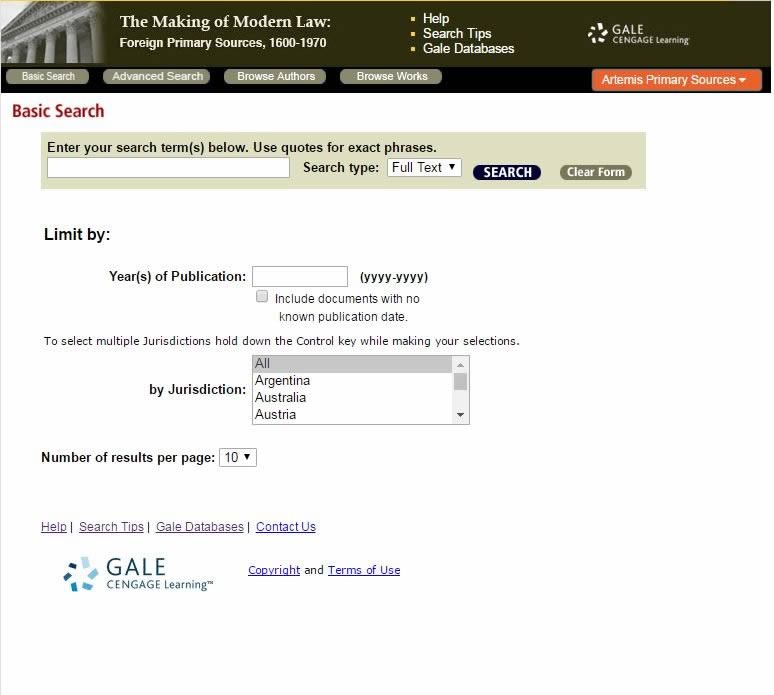
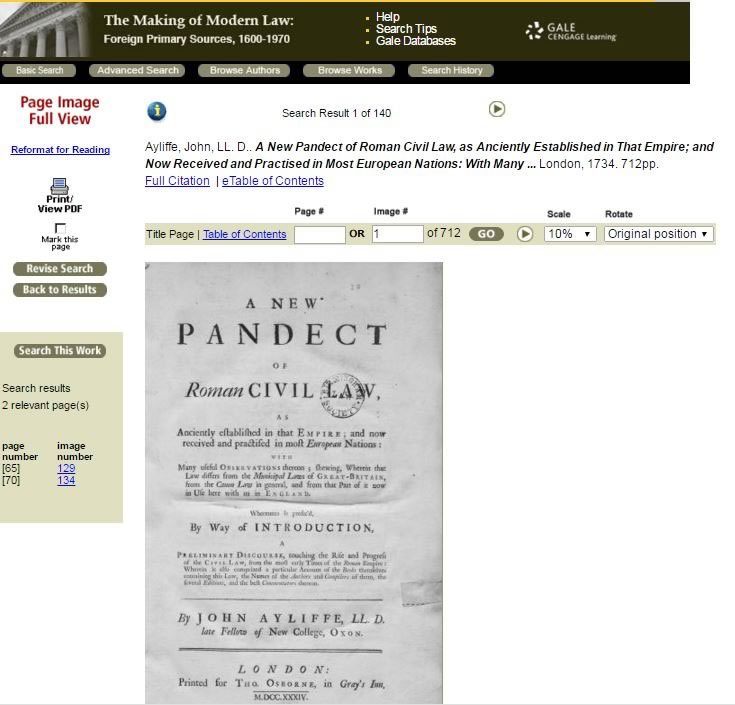


![D’Andrea, Giovanni. Arbor Consanguineitatis cum Suis Enigmatibus et Figuris. [Nuremberge], [1506].](/binaries/content/gallery/gale-us-en/banners/primary-sources/making-of-modern-law/gps_moml_foreign_primary_sources_p2_academic_banner.jpg)
